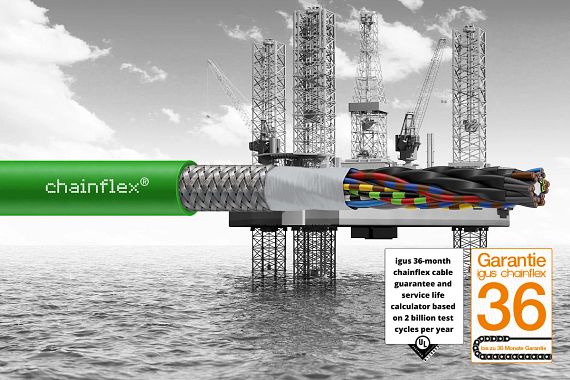DNV - Certification in the maritime sector
DNV is the certification for the maritime environment, offshore facilities, gas and oil pipelines, and onshore applications such as wind, tidal, and solar energy.
The classification society was formed in 2013 with the merger of Det Norske Veritas (DNV), a Norwegian company, and Germanischer Lloyd (GL), and was known as DNV-GL until early 2021. Since March 2021, the company has only been simply DNV. The company is composed of four divisions and an independent corporate unit. As a classification society, DNV-Maritim creates standards for ships and offshore units. These rules include safety, reliability, and environmental regulations that onshore and offshore entities must comply with in international waters. DNV also reviews international standards and guidelines. DNV certificates are a basic requirement in the maritime industry for having electrotechnical components approved on ships. They are also considered a quality mark documenting reliability and durability.
For our chainflex cables, this means the following:
More than 370 of our chainflex control, servo, motor, and robot cables and bus, data, encoder, and fibre optic cables have DNV approval and thus provide a safe, stable supply of energy and data at sea. DNV approval simplifies and accelerates product use in the maritime sector and eliminates the need to test individual components. DNV approval means that the cables can withstand harsh environmental conditions at sea, since they are MUD resistant, oil resistant, flame resistant, UV-resistant, and seawater resistant.
More automation in the maritime sector
This white paper presents the challenges faced by companies and suppliers alike. The article describes how companies meet the strict test criteria for having components certified by competent institutions such as DNV. The white paper also provides an overview of opportunities that using certified components, such as cables, provides to suppliers, plant constructors and ultimately operators.Download it now!
